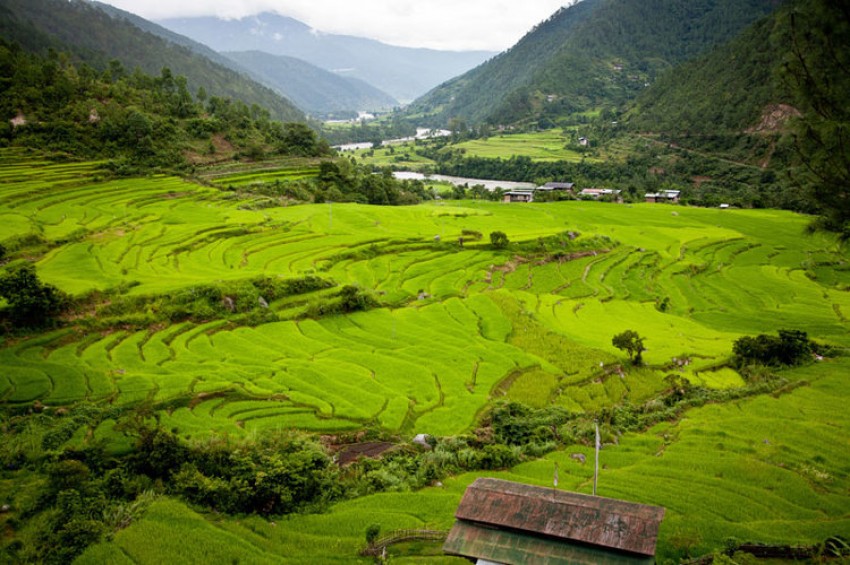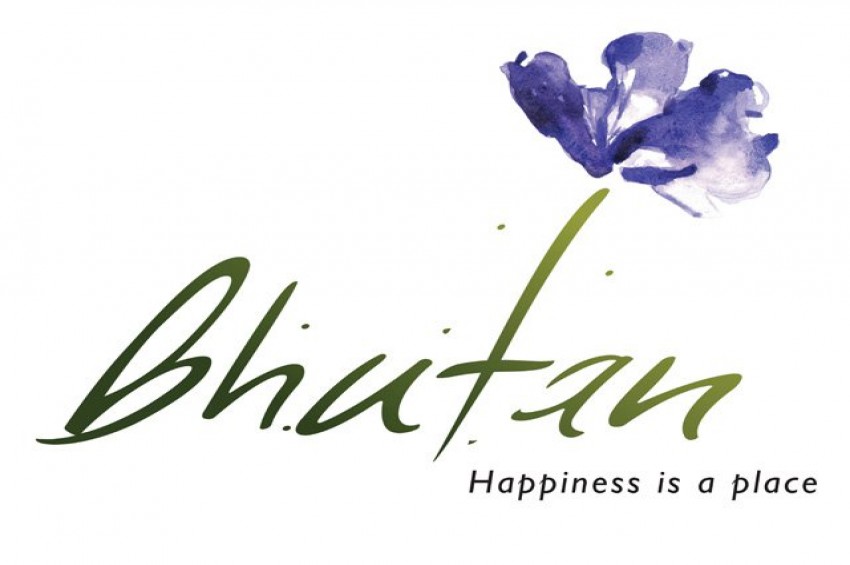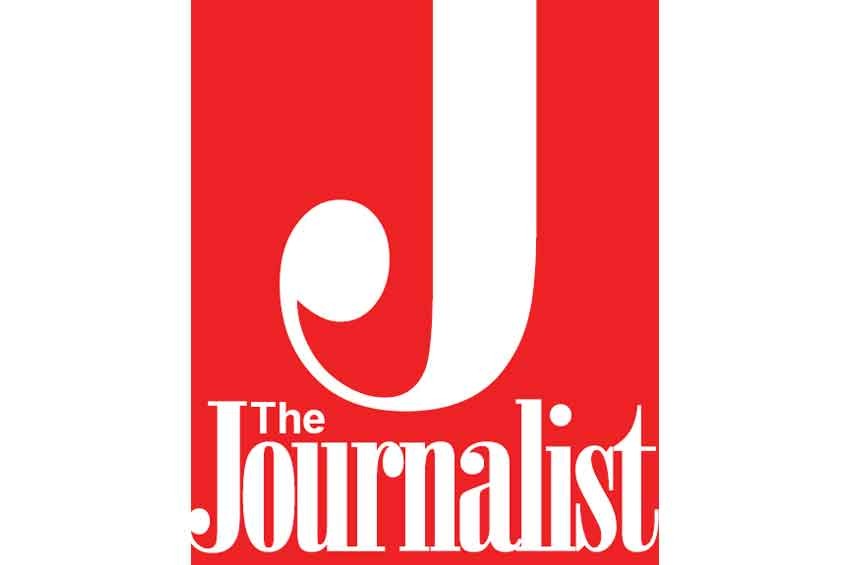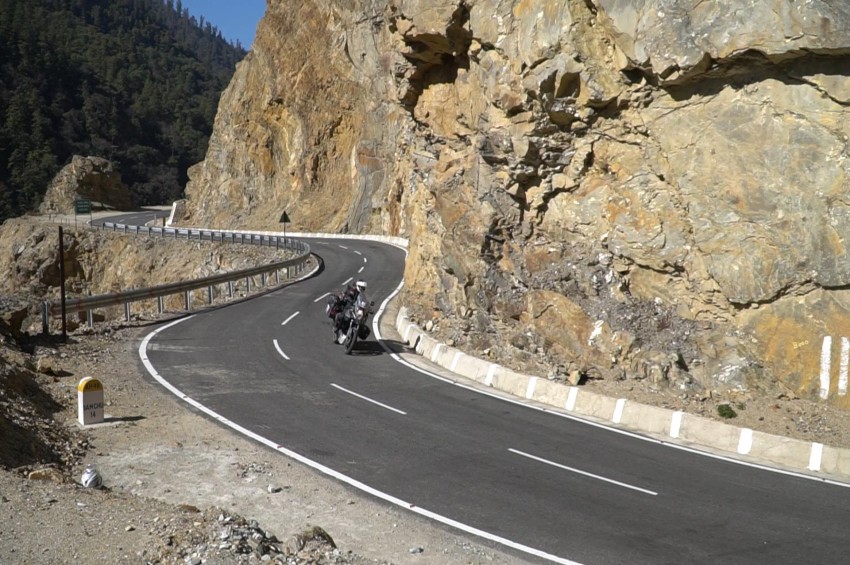With the government having declared its intent and goal to go on with increasing the sustainable development fee (SDF) to USD 200, the debate on whether it is the right time; if tourists will visit or not and other related questions need no deliberations. The focus now, for the competent authority and the government is to solve problems that would be encountered, one of which is making Bhutan a high end destination and bringing in tourists. In order to do this, focus should be placed on another important component of any business – marketing.
In this digital world, technology should definitely be harnessed optimally for marketing and many countries are already into it through means such as Augmented Reality Marketing and others. When marketing approaches are devised, raw materials are required, which are tourism products that the country has. However, even before the products are created or developed, it is important to know what brings tourists to Bhutan.
According to the Tourism Council of Bhutan’s (TCB) Tourism Monitor, publications there are several reasons cited. But those involved in the industry, especially ones who have been there for a very long time, especially as guides and have interacted with thousands of tourists say there are other very important factors not directly mentioned in the TCB publication.
Chairman and Founder of the Guide Association of Bhutan (GAB), Garab Dorji, say it is still the “mysticism and enigma” surrounding Bhutan that make visitors chose Bhutan. “Added on to the two is another similar aspect – Bhutan as a unique country,” Garab says.
Kezang, another very senior freelance guide says he has asked this question to almost all tourists. “Bhutan as the Last Shangrila, Gross National Happiness (GNH), culture and others are factors. But the common ones are Bhutan’s uniqueness and the people,” he says. According to Kezang, just as the Prime Minister has said that all Bhutanese are stakeholders of the tourism industry, the people of Bhutan are also responsible in many ways about what tourists think about the country and the memories they take back.
Apart from this, he highlighted the importance of incentives. “We could make tourists plant a tree with their name and ensure it grows, after which we can take pictures and send it to them. We can make them hoist a prayer flag. We could also have special incentives for veterans,” he said, adding it will make global headlines. “’Tiny Himalayan Kingdom offers Incentives to Veterans,” just imagine the impact it will make,” he said, adding these are marketing strategies which will not involve any costs.
Tashi, another senior guide also says that including the factors TCB has mentioned, Bhutan’s specialty, is its people. “People are responsible for preserving the environment, maintaining our cultural heritages, way of life and others.” Though hotels, food and others are important, these are not as important as the abstract products, he said. “Tourists are people who have stayed in star rated hotels, tasted every kind of dish and as long as hotels are clean and services good, it is not a problem. The ones coming to Bhutan, especially those on their first visit come looking for a world that belongs to the past, with people who still live in harmony with nature,” Tashi says. “And they find it here, especially when we pass villages and houses en-route to a monastery. They see the modern and medieval; for instance a blacksmith speaking using his mobile, while making a cast.” In the words of Tashi, there have been tourists who have come to Bhutan hearing about the mythical “Abominable Yeti.”
Another guide, who did not want to be named said tour operators can do a lot in marketing and ensuring that tourists return. “When we take tourists to a house in rural areas, our people are very welcoming. They offer tea etc but operators do not give anything or arrange a program of the kind. We land up giving something but we tell tourists that these are not like tips, but an expression of our gratitude.”
He also mentioned that Dzongdags and others can play very important roles, too. “For example, when a group of tourists go for a Tsechu and if the Dzongdag or Gup comes and speaks with the tourists, it would make a lot of difference. Bhutanese are humble and such acts add on to the way we are perceived. These are stories that they take back home,” he said.
He also spoke about the need to involve the local people. “I can definitely say that they come to Bhutan feeling that they will see and experience things they never have. And this is what we have to give them.”
Another guide said he heard there are highly paid agents in important parts of the world. “I really do not know if these marketing agents are effective. They should also know what tourists look for which only Bhutan can give. And their experience here is very important as they are the ones who would be telling stories about Bhutan and influence others.” He added that films are very important, too. “I had about 10 different groups of tourists who knew about Bhutan through Brad Pitts’ movie ‘Seven Years in Tibet.’ Now, we have our very own Lunana: A Yak in the Classroom.”
Meanwhile, sources say that the TCB is already looking for experts from abroad to market Bhutan. When asked about it, an important stakeholder said that in terms of technology, expatriates would be good. “However, they will not know more than us about products that can be developed. It would be wise on the Competent Authority’s part if national consultants are also involved,” he said.
In this digital world, technology should definitely be harnessed optimally for marketing and many countries are already into it through means such as Augmented Reality Marketing and others. When marketing approaches are devised, raw materials are required, which are tourism products that the country has. However, even before the products are created or developed, it is important to know what brings tourists to Bhutan.
According to the Tourism Council of Bhutan’s (TCB) Tourism Monitor, publications there are several reasons cited. But those involved in the industry, especially ones who have been there for a very long time, especially as guides and have interacted with thousands of tourists say there are other very important factors not directly mentioned in the TCB publication.
Chairman and Founder of the Guide Association of Bhutan (GAB), Garab Dorji, say it is still the “mysticism and enigma” surrounding Bhutan that make visitors chose Bhutan. “Added on to the two is another similar aspect – Bhutan as a unique country,” Garab says.
Kezang, another very senior freelance guide says he has asked this question to almost all tourists. “Bhutan as the Last Shangrila, Gross National Happiness (GNH), culture and others are factors. But the common ones are Bhutan’s uniqueness and the people,” he says. According to Kezang, just as the Prime Minister has said that all Bhutanese are stakeholders of the tourism industry, the people of Bhutan are also responsible in many ways about what tourists think about the country and the memories they take back.
Apart from this, he highlighted the importance of incentives. “We could make tourists plant a tree with their name and ensure it grows, after which we can take pictures and send it to them. We can make them hoist a prayer flag. We could also have special incentives for veterans,” he said, adding it will make global headlines. “’Tiny Himalayan Kingdom offers Incentives to Veterans,” just imagine the impact it will make,” he said, adding these are marketing strategies which will not involve any costs.
Tashi, another senior guide also says that including the factors TCB has mentioned, Bhutan’s specialty, is its people. “People are responsible for preserving the environment, maintaining our cultural heritages, way of life and others.” Though hotels, food and others are important, these are not as important as the abstract products, he said. “Tourists are people who have stayed in star rated hotels, tasted every kind of dish and as long as hotels are clean and services good, it is not a problem. The ones coming to Bhutan, especially those on their first visit come looking for a world that belongs to the past, with people who still live in harmony with nature,” Tashi says. “And they find it here, especially when we pass villages and houses en-route to a monastery. They see the modern and medieval; for instance a blacksmith speaking using his mobile, while making a cast.” In the words of Tashi, there have been tourists who have come to Bhutan hearing about the mythical “Abominable Yeti.”
Another guide, who did not want to be named said tour operators can do a lot in marketing and ensuring that tourists return. “When we take tourists to a house in rural areas, our people are very welcoming. They offer tea etc but operators do not give anything or arrange a program of the kind. We land up giving something but we tell tourists that these are not like tips, but an expression of our gratitude.”
He also mentioned that Dzongdags and others can play very important roles, too. “For example, when a group of tourists go for a Tsechu and if the Dzongdag or Gup comes and speaks with the tourists, it would make a lot of difference. Bhutanese are humble and such acts add on to the way we are perceived. These are stories that they take back home,” he said.
He also spoke about the need to involve the local people. “I can definitely say that they come to Bhutan feeling that they will see and experience things they never have. And this is what we have to give them.”
Another guide said he heard there are highly paid agents in important parts of the world. “I really do not know if these marketing agents are effective. They should also know what tourists look for which only Bhutan can give. And their experience here is very important as they are the ones who would be telling stories about Bhutan and influence others.” He added that films are very important, too. “I had about 10 different groups of tourists who knew about Bhutan through Brad Pitts’ movie ‘Seven Years in Tibet.’ Now, we have our very own Lunana: A Yak in the Classroom.”
Meanwhile, sources say that the TCB is already looking for experts from abroad to market Bhutan. When asked about it, an important stakeholder said that in terms of technology, expatriates would be good. “However, they will not know more than us about products that can be developed. It would be wise on the Competent Authority’s part if national consultants are also involved,” he said.

















